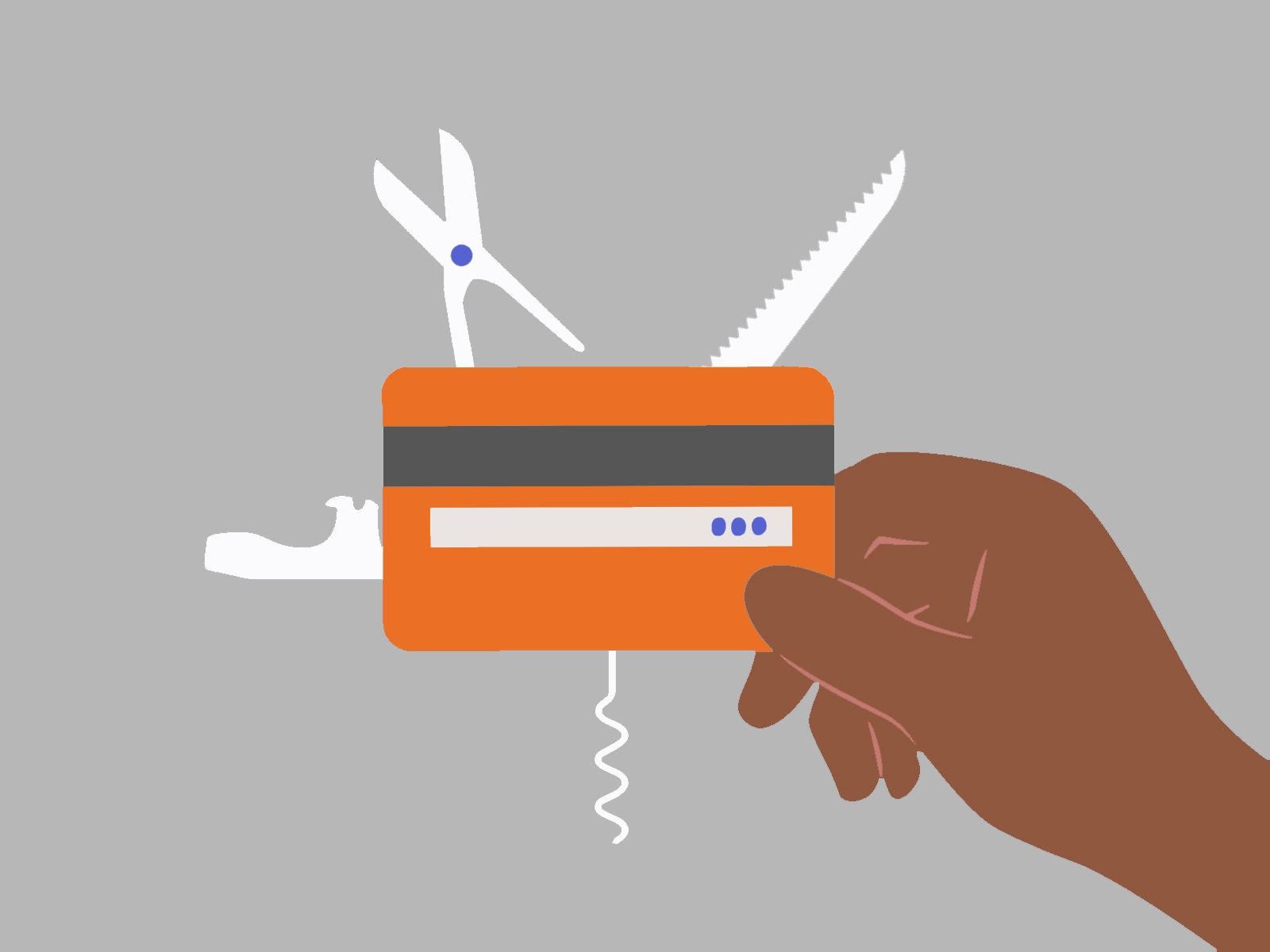Pros and cons of increasing your credit limit
Whether it's through an offer made by your financial institution or you've been thinking about applying for a credit limit increase on your credit card, here are some things to consider.
Pros of getting a credit limit increase
Generally speaking, there are three main reasons why someone would want to increase the credit limit on their credit card:
Your life situation has changed: many people start with a reasonable credit limit, often between $1,000-5,000. Depending on your life situation, it may originally have been a good amount, but sometimes you may need more spending power.
You're planning on making more purchases: for example, if you're planning a big trip due to a special occasion like a honeymoon or anniversary, you may need to charge all your expenses to your credit card, which could be more than your current limit. You may also have a large purchase coming up, such as a laptop or tuition, where having the ability to pay with your card could help you manage the expense.
Avoid overlimit fees: a credit limit increase could come in handy if you carry a balance and tend to exceed your limit often. Check to see if your credit card charges overlimit fees.
Cons of getting a credit limit increase
As you can imagine, there are also a few scenarios where it's in your best interest to decline or not ask for a credit limit increase on your credit card:
You're worried about your spending: having an increased credit limit means you can charge more purchases to your card. If you've had spending issues in the past or you're worried you'll go into debt, then you're probably better off keeping your limit where it is.
You don't need it: having access to additional credit can be convenient, but if you don't need it, why get it? Many people have multiple credit cards and access to a line of credit, so perhaps you already have enough credit for your needs.
If there are additional cardholders: any authorized users—meaning additional cardholders—can use the limit and not just you. So there's always that risk that comes with an increased limit.
How a credit limit increase affects your credit score
Accepting a credit limit increase may affect your credit score depending on the circumstances.
Increases in your credit limit could affect your credit score with more credit you can use and impact your debt-to-equity ratio (debt-to-equity ratio is one of the factors used by lenders to determine your availability for new credit).
Should you increase your credit limit?
If you're responsible with your spending, then accepting or asking for a credit limit increase on your credit card could be a good idea. But if you're worried about your spending and don't have an immediate need for the extra credit, it may be smart to leave your limit where it is for now.









